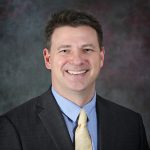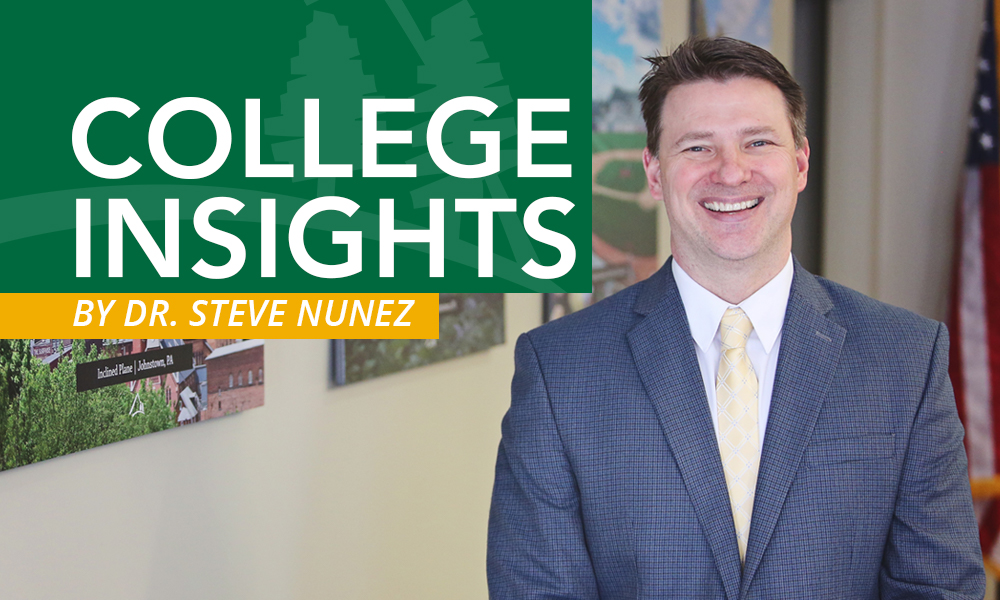Police Academy Finds New Home At Penn Highlands
Posted January 27, 2022 at 9:04 amThere are some things you take for granted in life. You just assume that your water will flow when you turn on the shower.
You just assume that January will bring snow to the Johnstown area, and that Fox News and CNN are going to have diametrically opposed coverage of every political issue.
And, you just assume that in the case of an emergency, first responders will be there quickly to deal with the chaos of the moment and in some cases to save the lives of your friends and family.
Unfortunately, there is a labor shortage for most first responders in Pennsylvania including paramedics, firefighters, EMTs, and police officers. The underlying reasons for that are complex. In some cases, people are less interested in entering those professional fields.
Ten years ago, when I was at another community college in Illinois, criminal justice was one of the top three majors at the college – behind nursing and radiology. Today, that same program is struggling, with only a small number of students enrolled.
County commissioners, borough council members, and local state legislators within the College’s service area regularly mention the shortage of qualified first responders – and yet, many training programs have more capacity.
While I don’t have all the answers, Penn Highlands will continue to do its part. It was with great pride that we announced that the Municipal Police Officers’ Education and Training Commission (MPOETC) approved the transfer of the Johnstown Regional Police Academy to the management of Pennsylvania Highlands Community College.
We believe that there will be great synergy between our existing two-year criminal justice degree program, our state-of-the-art police training simulator, and the management and operation of a regional police academy.
The College’s service region is quite broad and extends across Cambria, Blair, Somerset, Huntingdon, and other counties. We already offer a multitude of services and programs across this region.
We believe our regional approach will help attract interested cadets who want to be police officers or attract current police officers who need annual requisite training.
Also, many police departments prefer or even require, that their officers have a minimum of a two-year college degree – which Penn Highlands already offers in criminal justice.
Penn Highlands has become a one-stop shop for training police officers. What an exciting time to be working at the College.
Personnel are working diligently to offer the first police academy class sometime in the fall. If you have any questions about the police academy, please search our website at pennhighlands.edu for the latest updates.
See you at Penn Highlands.
 Written By Dr. Steve Nunez, College’s Fifth President. This monthly series appears in The Tribune-Democrat, and will allow Dr. Nunez to provide his perspective on the value of education and of a community college.
Written By Dr. Steve Nunez, College’s Fifth President. This monthly series appears in The Tribune-Democrat, and will allow Dr. Nunez to provide his perspective on the value of education and of a community college.

